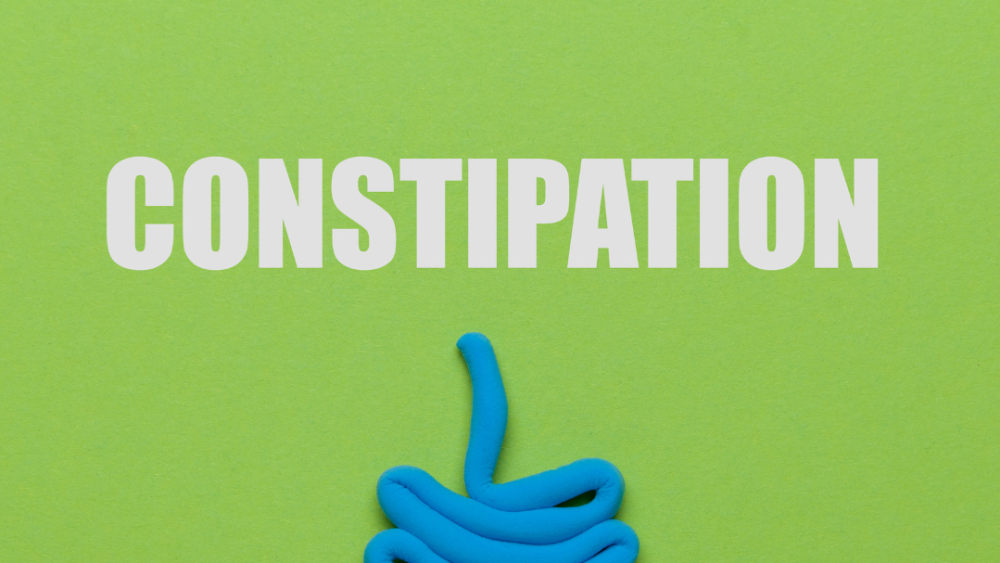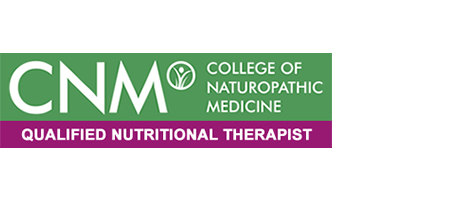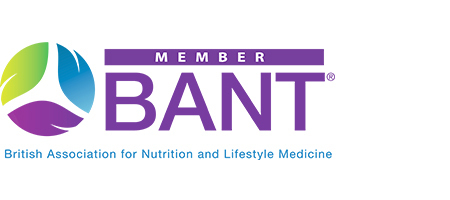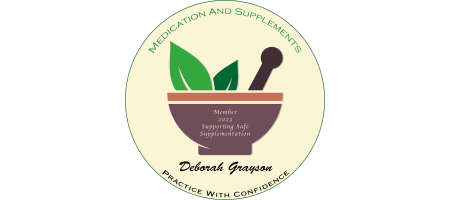Understanding Chronic Constipation: A Holistic Approach to Addressing Underlying Causes

posted 19th March 2024

Chronic constipation is a pervasive gastrointestinal ailment affecting millions globally, posing significant challenges to daily life.
Beyond its surface manifestation as a digestive issue, chronic constipation often stems from a complex interplay of physiological, psychological, and environmental factors.
Understanding these complexities is crucial for effective management and relief.
In this article, we explore the interconnected web of contributors to chronic constipation, including liver overload, congested lymphatic system, unhealthy gut, hormone imbalances, trapped emotions, dysregulated nervous system, blood sugar dysregulation, helicobacter pylori infection, and digestive and absorption issues.
The Interplay of Factors
Liver Overload: The liver plays a pivotal role in digestion by producing bile, aiding fat breakdown.
When overloaded due to excessive toxins from poor detoxification capabilities, poor dietary choices, medications, or environmental factors, bile production can be compromised, leading to poor digestion and constipation.
Ensuring liver health through a balanced diet, adequate hydration, and liver-supporting herbs like milk thistle, as well as addressing any underlying issues, can alleviate this burden.
Congested Lymphatic System: A congested lymphatic system impedes waste removal, leading to toxin build-up and sluggish bowel movements.
Incorporating lymphatic-stimulating practices such as dry brushing, lymphatic (drainage) massage, and rebounding exercises can promote lymphatic flow and alleviate constipation.
Unhealthy Gut: The gut houses trillions of bacteria crucial for digestion and overall health. An imbalance in gut flora, often resulting from poor diet, antibiotics, inadequate quality or quantity sleep, or stress, can disrupt bowel movements. Prebiotic and probiotic rich foods, as well as fibre-rich foods can help restore gut health and improve bowel regularity.
Hormone Imbalances: Hormonal fluctuations, particularly in women during menstruation, pregnancy, or menopause, can affect bowel movements.
Oestrogen dominance, thyroid imbalances, and cortisol dysregulation may contribute to constipation.
Balancing hormones through lifestyle modifications, stress management, and nutritional therapy can alleviate symptoms.
Trapped Emotions: Emotional stress and trauma can manifest physically, including in the digestive system.
Chronic stress triggers the release of cortisol, affecting gut motility and leading to constipation.
Addressing underlying emotional imbalances through therapy, meditation, or mindfulness practices can promote relaxation and improve bowel function.
Dysregulated Nervous System: The gut-brain axis plays a crucial role in regulating digestion. Dysregulation of the autonomic nervous system, particularly the sympathetic "fight or flight" response, can hinder peristalsis and bowel movements.
Techniques such as deep breathing, yoga, and meditation can restore balance to the nervous system and alleviate constipation.
Blood Sugar Dysregulation: Fluctuations in blood sugar levels can impact gut motility and contribute to constipation. Consuming a balanced diet rich in complex carbohydrates, protein, and healthy fats, while minimizing refined sugars, can stabilize blood sugar levels and promote regular bowel movements.
Helicobacter Pylori Infection: Helicobacter pylori, a bacterium that colonizes the stomach lining, is associated with various gastrointestinal issues, including constipation. Helicobacter pylori (H. pylori) infection, prevalent in individuals with gastric disorders, can affect gastrointestinal motility and exacerbate constipation. H. pylori-induced gastritis, gastric dysbiosis, and inflammatory responses may disrupt normal bowel function. Eradicating H. pylori with antimicrobial therapy, along with probiotics and mucosal restoring agents, can alleviate constipation and restore gastrointestinal health.
Digestive and Absorption Issues: Conditions such as irritable bowel syndrome (IBS), Crohn's disease, or celiac disease can disrupt digestion and absorption, leading to constipation. Identifying and managing underlying digestive disorders through dietary modifications, and lifestyle changes are crucial for symptom relief.
Addressing Chronic Constipation Holistically
Addressing chronic constipation requires a comprehensive, holistic approach that considers the interplay of physiological, psychological, and environmental factors.
Lifestyle modifications, dietary changes, stress management, and targeted therapies can offer relief and restore bowel regularity.
Dietary Modifications: Emphasize a whole foods diet rich in fruits, vegetables, whole grains, lean proteins, and healthy fats. Incorporate fibre-rich foods such as legumes, nuts, seeds, and leafy greens to promote bowel movements. Stay hydrated by consuming adequate water and herbal teas.
Stress Management: Adopt stress-reducing practices such as meditation, yoga, tai chi, or deep breathing exercises to calm the nervous system and promote relaxation.Prioritize adequate quality and quantity sleep (read more about sleep here) and engage in activities that bring joy and fulfilment.
Supplementation: Consider supplements such as magnesium citrate, specific probiotics, digestive enzymes, and herbs like psyllium husk or aloe vera to support digestion and bowel regularity.
ALWAYS consult with a healthcare professional to check for drug-nutrient interactions in case you take any prescribed or self-prescribed medication and to determine appropriate dosages and combinations.
Physical Activity: Regular exercise, particularly activities that engage the abdominal muscles and promote blood circulation, can stimulate bowel movements and alleviate constipation. Aim for at least 30 minutes of moderate-intensity exercise most days of the week.
Chronic constipation is a multifaceted condition influenced by various physiological, psychological, and environmental factors.
Adopting a holistic approach that addresses underlying imbalances and promotes overall well-being is essential for effective management and long-term relief.
By understanding the interconnected nature of these factors and implementing targeted interventions, individuals can reclaim digestive health and improve their quality of life.
Always consult with a healthcare professional for personalized guidance and therapy options tailored to your specific needs and circumstances.
Transform your health, book your FREE 30 minute (no obligation) Health Review today!
References:
R. M. Wald, A. A. Curro, R. P. Levitt, S. C. Ong, K. F. O'Rourke, "Liver Dysfunction: A Possible Etiology of Chronic Constipation", American Journal of Gastroenterology 1977; 67(2):127-32.
S. D. Smith, L. R. Wheeler, "Lymphatic Stasis: A Proximal Cause of Inflammatory and Degenerative Diseases", Journal of Bodywork and Movement Therapies 2014; 18(4): 541-45.
R. S. Wilson, "Gut Instincts: The Science of the Digestive System and Its Impact on Human Health", Norton & Company 2015.
C. R. Harris, "The Impact of Hormones on Gastrointestinal Disorders", Digestive Diseases and Sciences 2020; 65(1): 234-42.
M. E. Enck, L. L. Streit, "Emotional Well-Being and Gastrointestinal Health: A Systematic Review", Digestive Diseases and Sciences 2019; 64(1): 168-76.
R. J. Drolet, J. W. Stedman, "Autonomic Dysfunction in Gastrointestinal Disorders: The Gut-Brain Axis Revisited", Clinical Autonomic Research 2018; 28(1): 91-98.
M. R. Schwartz, "The Role of Blood Sugar Dysregulation in Gastrointestinal Disorders", Gastroenterology Research and Practice 2016; 23(2): 51-57.
A. K. Brown, T. M. Kelly, "Gastrointestinal Infections and Their Impact on Bowel Function", Infectious Disease Clinics of North America 2017; 31(3): 537-54.
S. N. Patel, R













